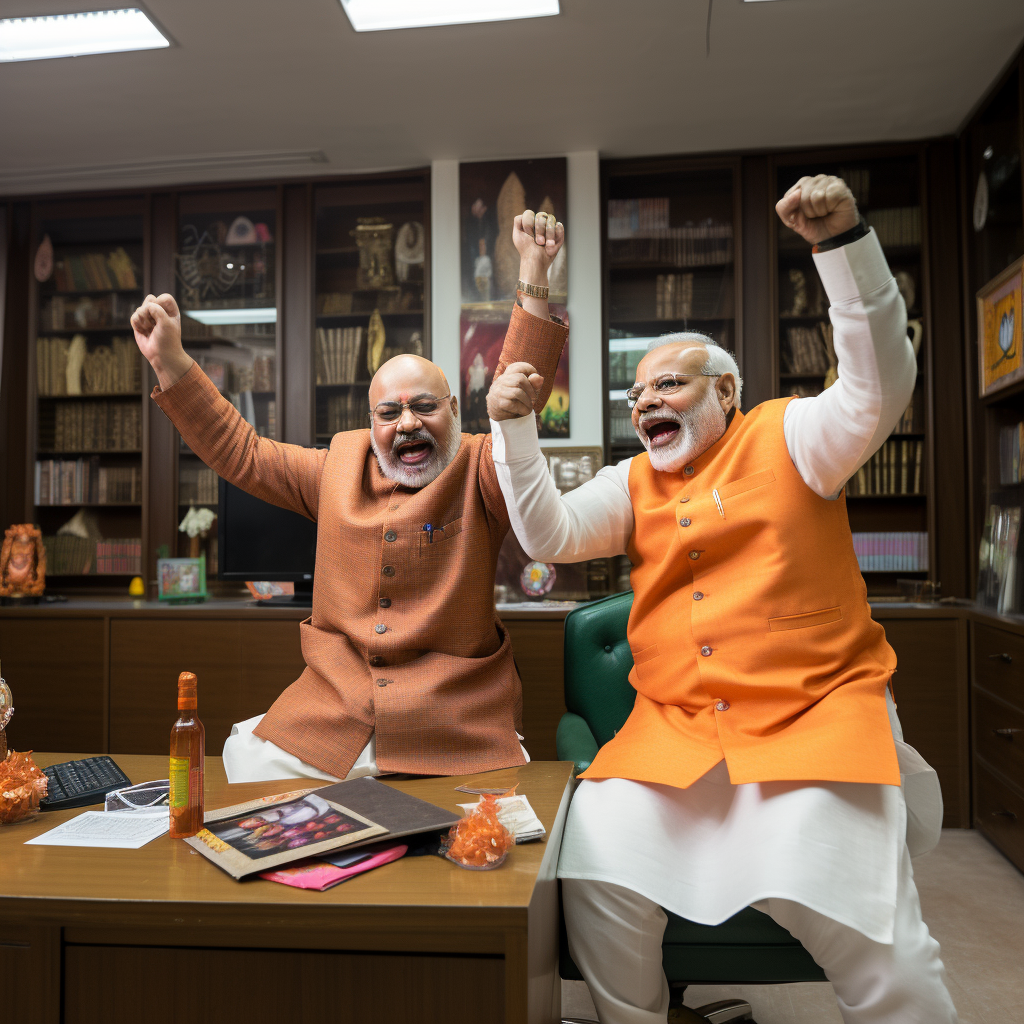India’s Political Triumph: The Invalidation of Article 370 and its Far-Reaching Impact
On August 5, 2019, India took a momentous step by rescinding Article 370 and Article 35A of its Constitution, ending the long-standing vulnerability that had agonized the region of Jammu and Kashmir. This move not only closed the chapter on a contentious issue but also had significant implications for India’s political standing on the global stage.
Both the musketeers and India’s adversaries had used Article 370 as a diplomatic springboard prior to this significant decision. Still, by integrating Jammu and Kashmir completely into its home, India gained an upper hand diplomatically, performing in a stronger position in transnational relations and peace accommodations.
Politic Vulnerability Exploited
Over 70 times, Article 370 created the impression that Jammu and Kashmir weren’t completely integrated with India, making it a political switch used by the transnational community to prize concessions from India.
Pakistan skillfully exploited this weakness by attempting to portray Jammu and Kashmir as an unfulfilled component of the two-nation proposal that gave rise to India and Pakistan. Colorful transnational results were proposed to resolve the Kashmir issue, with vested interests further complicating the matter.
The Rise of Radicalization and Terrorism
The contentious Article 370 also had unintended consequences, contributing to religious radicalization and Islamic jihad in the name of the freedom struggle in the region. The Pakistani deep state finagled and eternalized these issues, leading to fear and instability among the public and security forces. Pakistan-sponsored terror attacks in Jammu and Kashmir further fueled pressure and averted any lasting resolution.
Ending the Chapter on Kashmir Permanently
The invalidation of Article 370 and Article 35A was a bold and decisive move by Prime Minister Narendra Modi and Home Minister Amit Shah. It not only integrated Jammu and Kashmir and Ladakh into two separate Union homes but also redrawn the chart to encompass Pakistan-Occupied Kashmir, Northern Areas, Shaksgam Valley, and Aksai Chin. This move signified India’s resoluteness to resolve territorial controversies and stand strong against external pressures.
India’s Political Triumph
Since the invalidation, External Affairs Minister S Jaishankar’s visits abroad have seen a significant shift. The issue of Jammu and Kashmir no longer dominates bilateral and multinational conversations, as it’s now a permanently intertwined part of India. The new cartographic boundaries have clarified India’s territorial claims, leaving no room for nebulosity or political exploitation. Pakistan-sponsored terror attacks have reduced in frequency, as they sweat retribution from India under Prime Minister Modi’s leadership.
Conclusion
The invalidation of Article 370 and Article 35A marked a turning point in India’s political geography. It put an end to the vulnerability that the international community had been taking advantage of for decades. By integrating Jammu and Kashmir completely into its territory, India forcefully established its position on territorial integrity and resolved to address long-standing issues.
The move has closed a contentious chapter and positioned India as a stronger player in transnational relations and peacekeeping. With a clear chart defining its boundaries, India can now concentrate on profitable growth, indigenous stability, and cooperation with its neighbors. The invalidation of Article 370 has demonstrated India’s commitment to resolving controversies through peaceful means and paved the way for a brighter future for the region.
Article By: Afrin Bano
You can also join Our Facebook Community.
You can also read about Rahul Gandhi’s Return.
